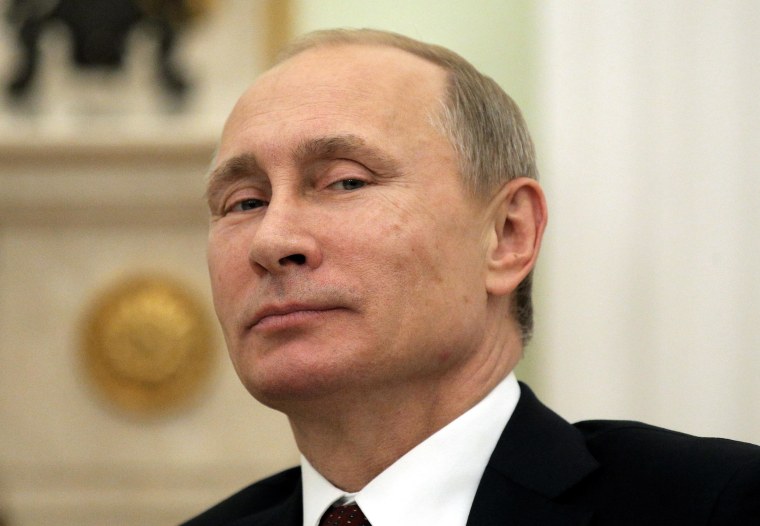It's hard to hide from an online phenomenon that's gone "viral." That said, countries like China and North Korea have managed to dodge some global social media storms, due to the governmental censorship on the Internet.
It seems Russia is the latest country to crackdown on the Internet. Russia's media, IT and telecommunications regulator, Roskomnadzor, tightened its grip on how Russians use the Internet this month, stepping up scrutiny on two areas in particular: pornographic websites and "Internet memes" — catchphrases, images or videos that are passed from person to person online.
Last week, Roskomnadzor launched an offensive against the "defaming the honor, dignity and business reputation" of celebrities. This was instigated shortly after a singer successfully filed a lawsuit against Lurkmore, a Russian-language website that explains Internet memes, for publishing a controversial meme that he said had tarnished his image.
Lurkmore posted a meme with an image of Valeri Syutkin, a popular Russian singer and musician, with the phrase "BBPE" written on it, which alluded to another artist's offensive lyrics about abusing women.
After a judge ruled in Syutkin's favor on April 7, Roskomnadzor announced a broad-brush update to its Internet policy: Posting content about celebrities that was untrue or offensive was "illegal" and must be immediately removed.
This update was posted online on VKontakte (VK), a large Russian social network. According to the translated post, Roskomnadzor outlined that illegal activity included creating a counterfeit account or website that depicted the public figure in an offensive way, alongside using their photograph in a "popular internet meme."
Porn blacklist
On Monday, Russian newspaper "Izvestia" reported that a court in the Republic of Tatarstan, roughly 500 miles east of Moscow, has requested Roskomnadzor to blacklist 136 pornography websites.
One site on the blacklist was the U.S.'s xHamster.com, which is currently the 64th most popular website in the world, according to Alexa, an analytics provider.
It is unclear whether the sites will be banned across Russia or just in Tatarstan.
'Unplugging' the Internet
This crackdown on Internet activity isn't anything new for Russian authorities.
In May 2014, Roskomnadzor threatened to block the major global social media sites like Twitter and Facebook, in an effort to improve its monitoring of Internet activity.
Plus, last September, reports emerged that Russia's Prime Minister Vladimir Putin wanted more control over Russia's online access, with the ability to "unplug" the Internet if a cyberattack occurs.
In response, Matthew Rojansky, an expert on U.S. relations with the former Soviet Union, told CNBC in September that trying to control Internet access would "hurt" both Russia and Western countries, with the former impacted the most.
This story originally appeared at CNBC.com.
